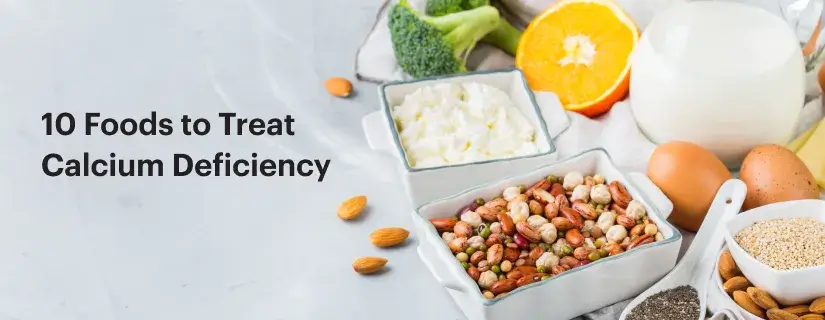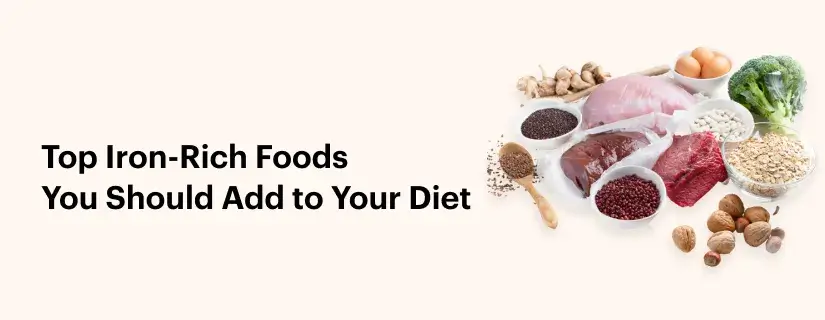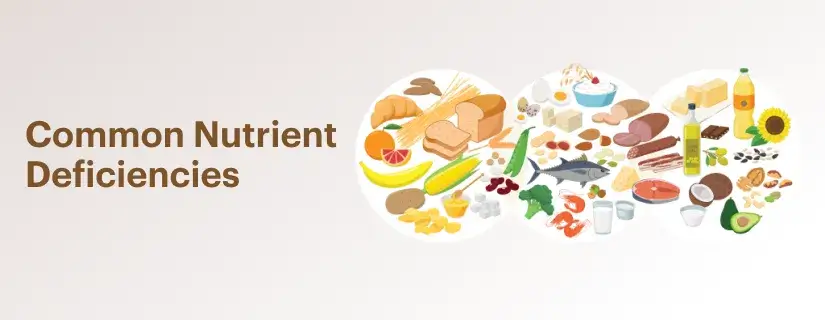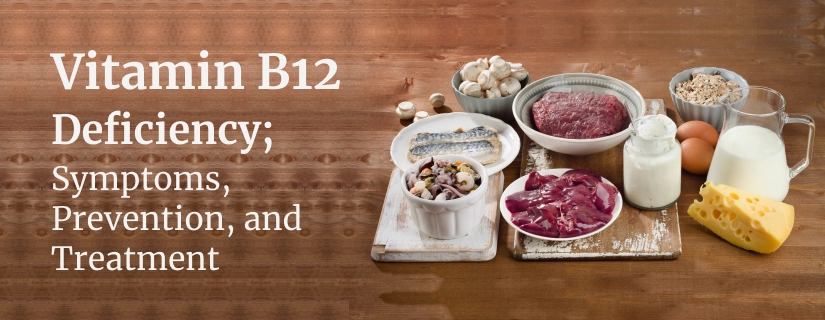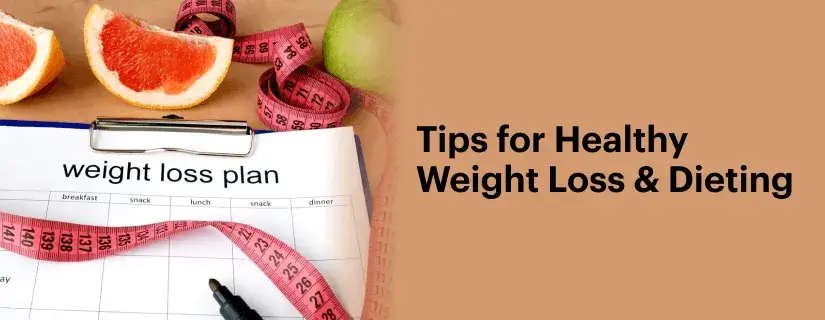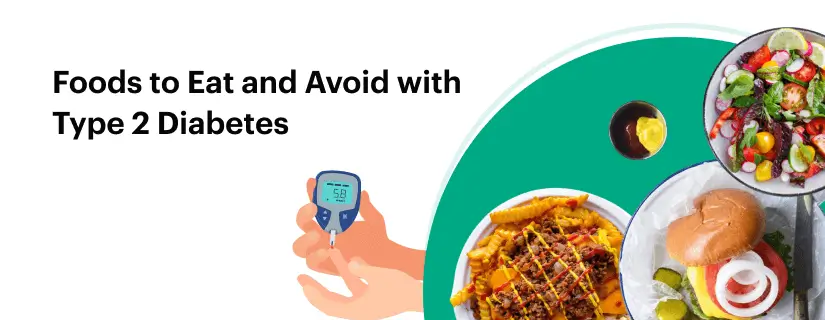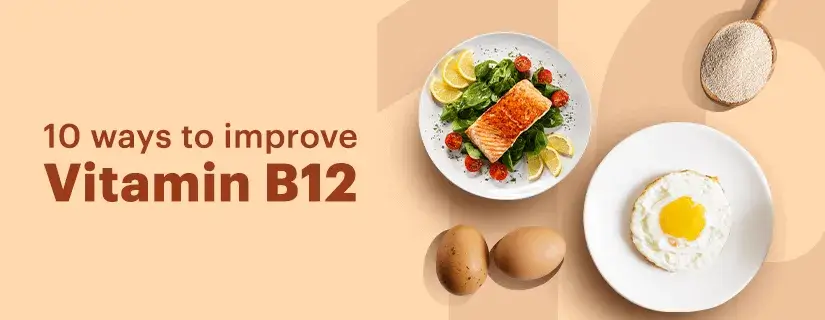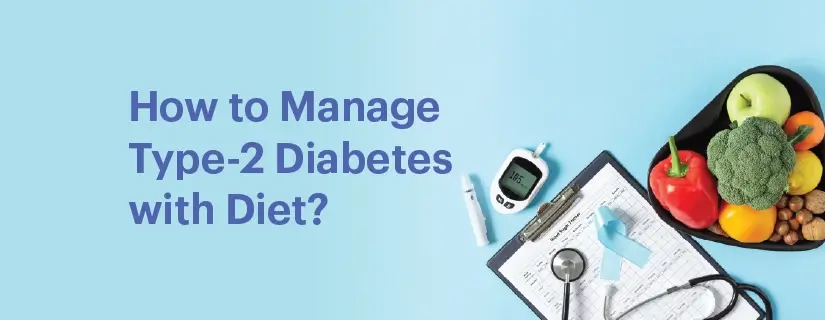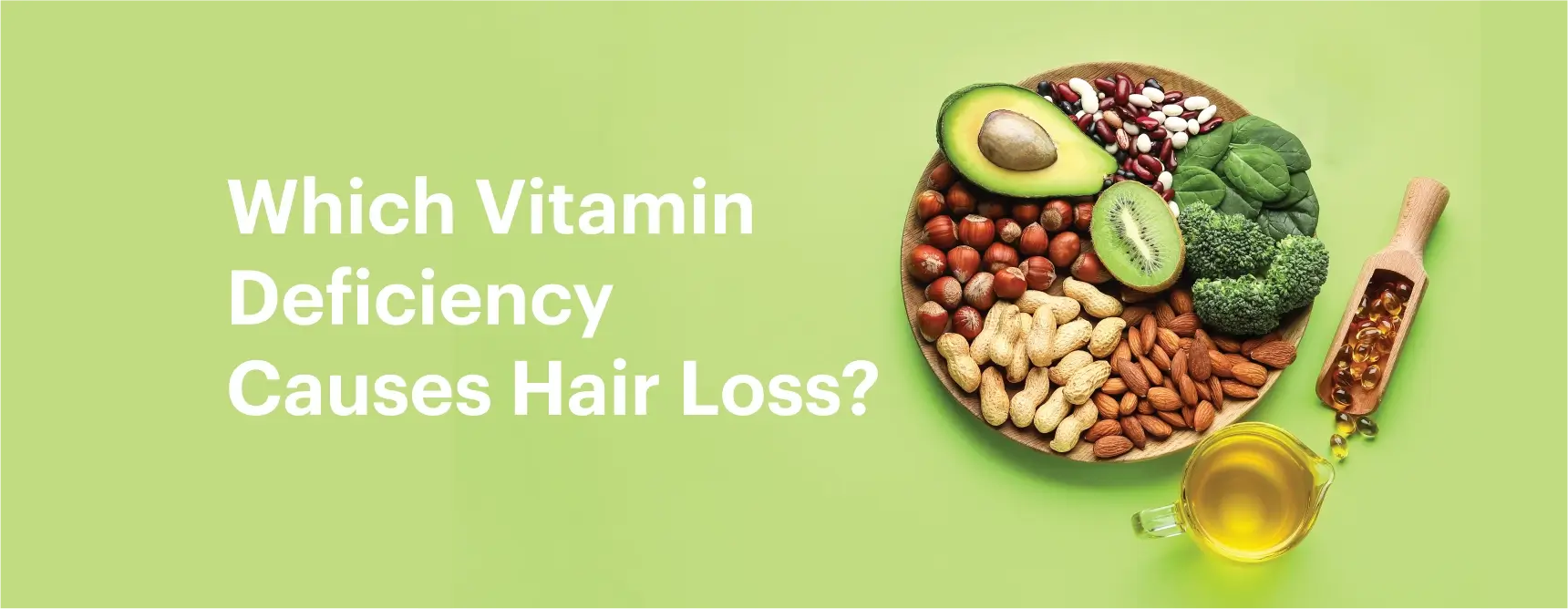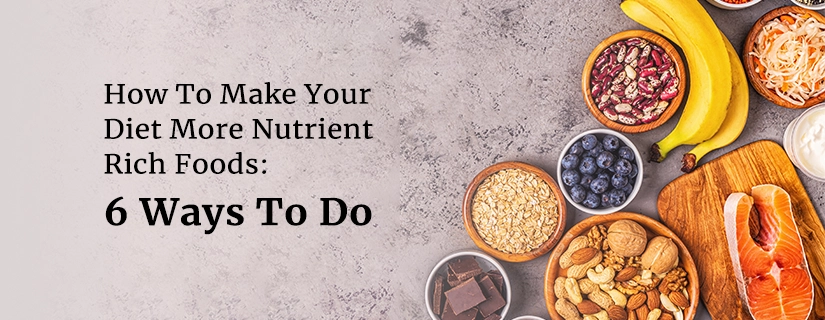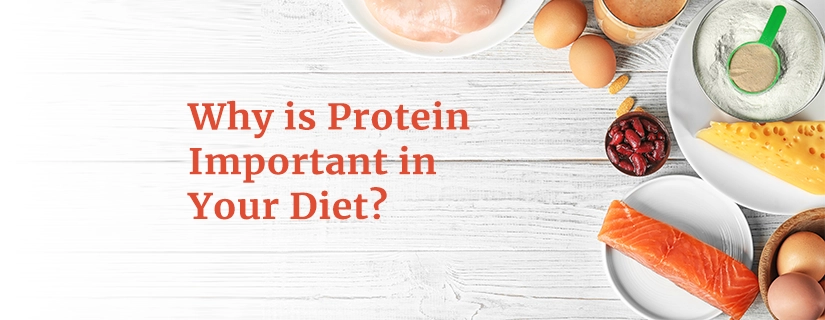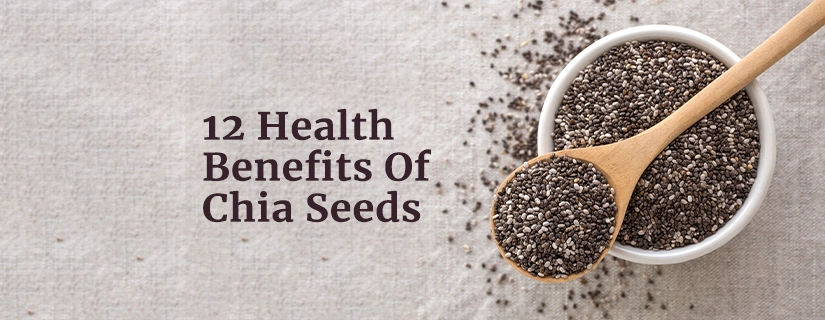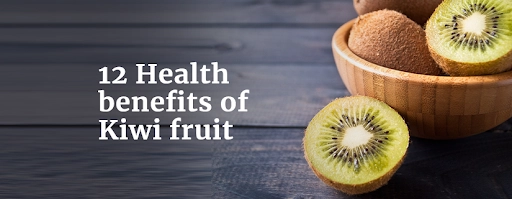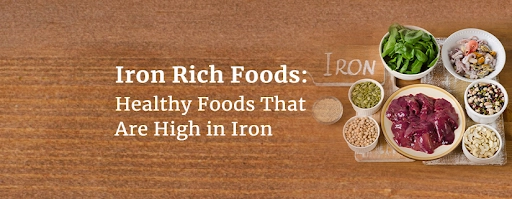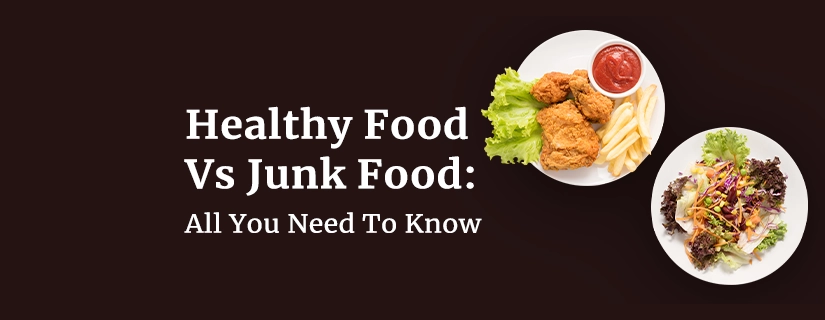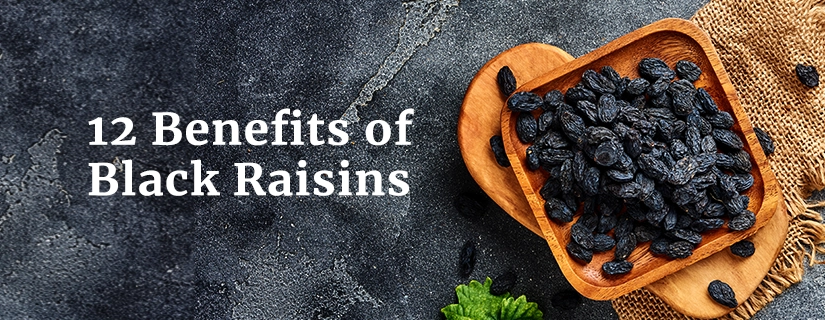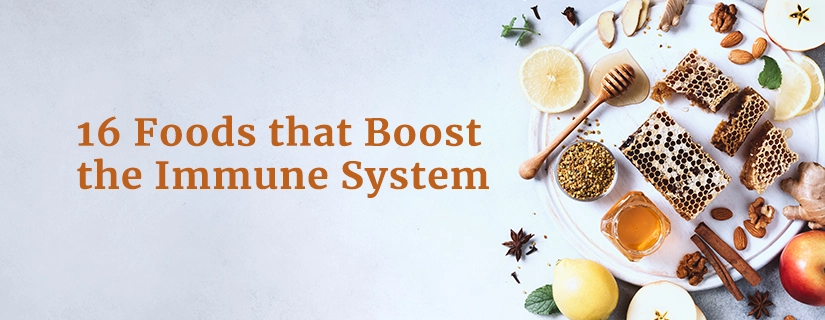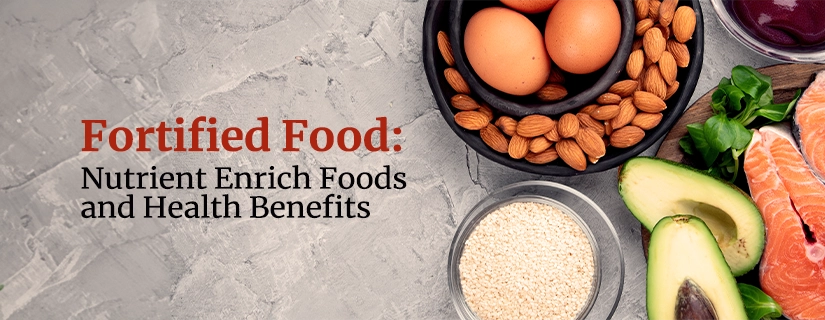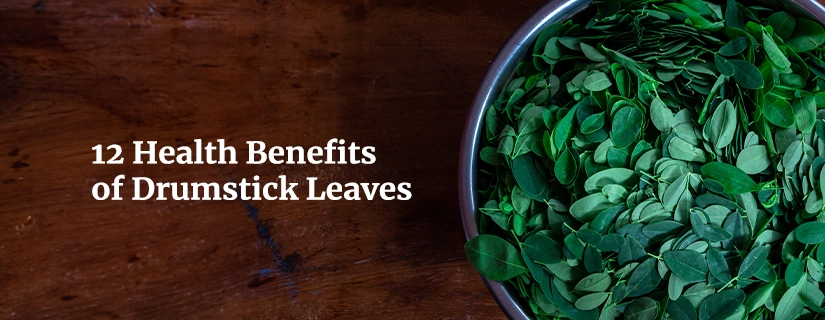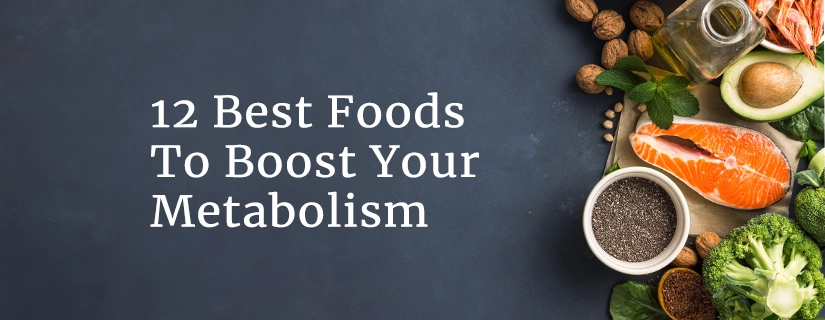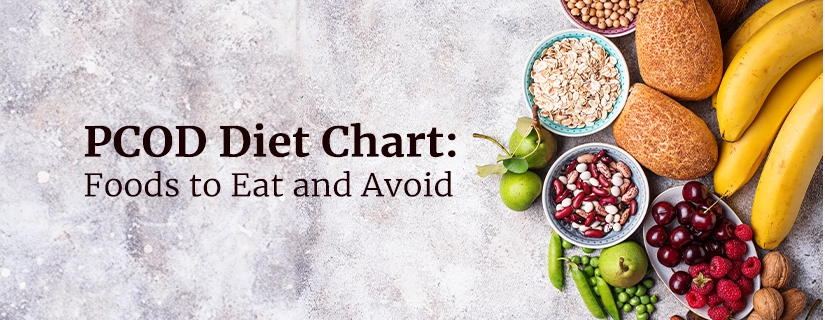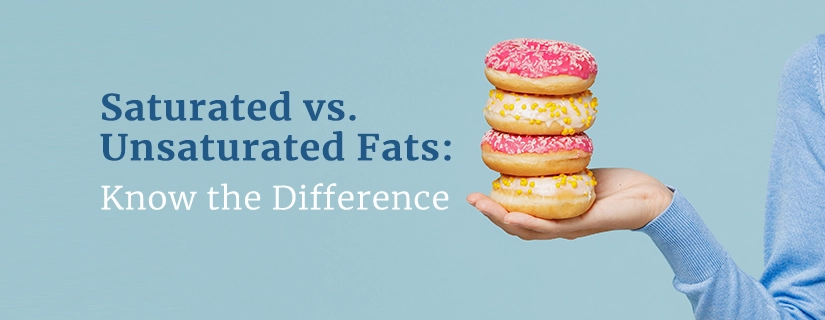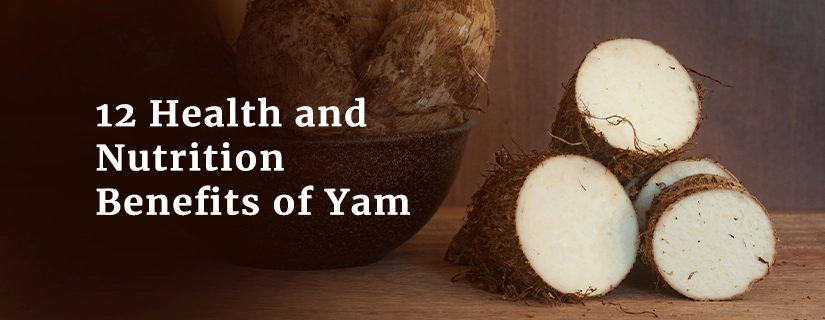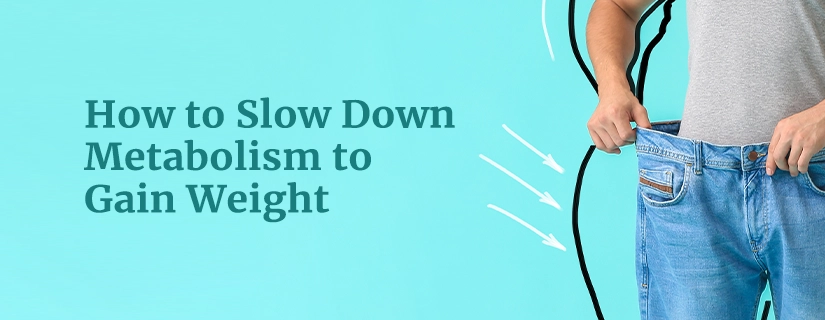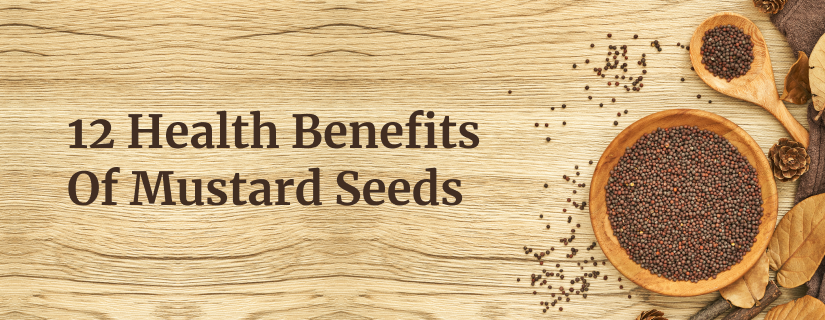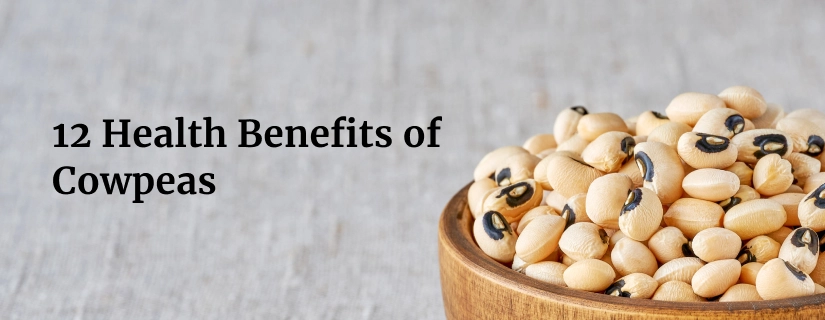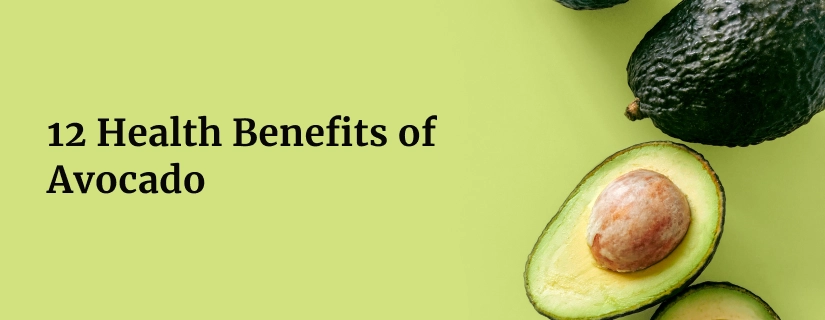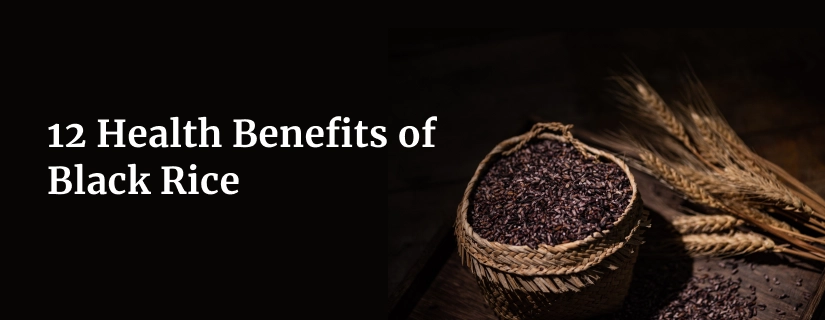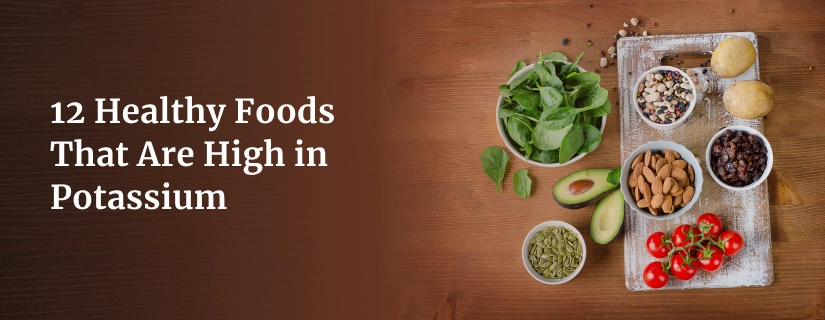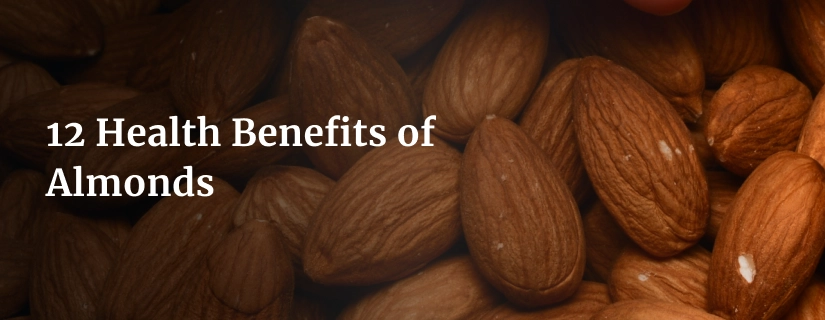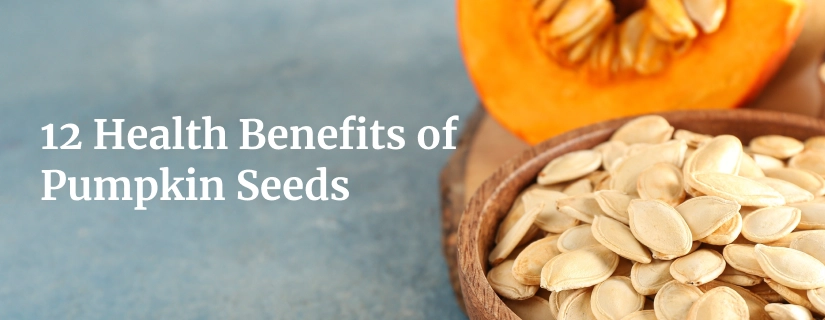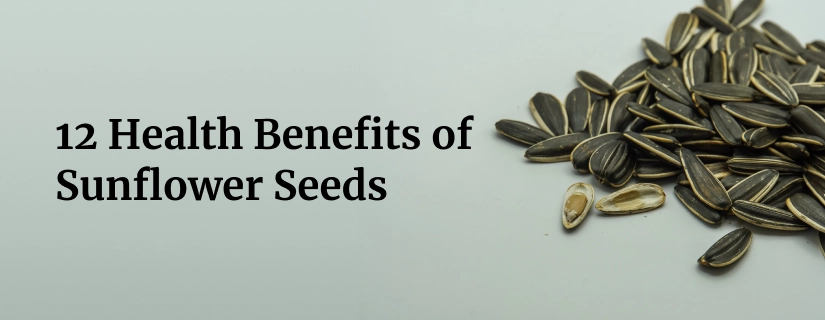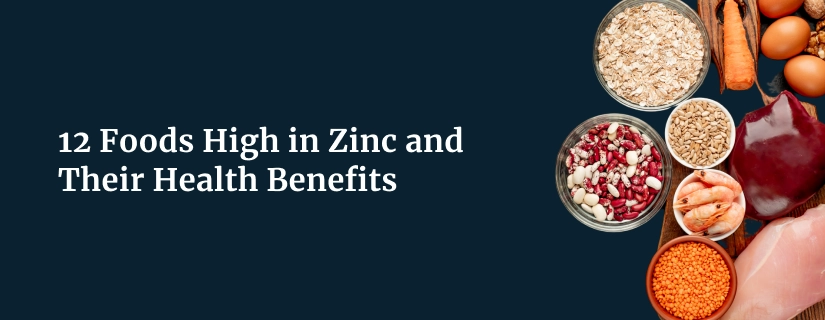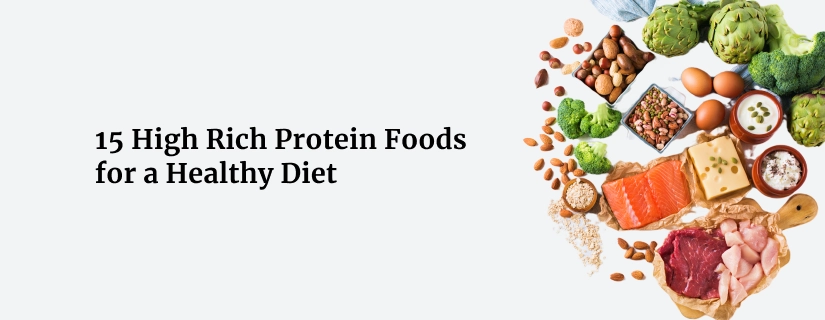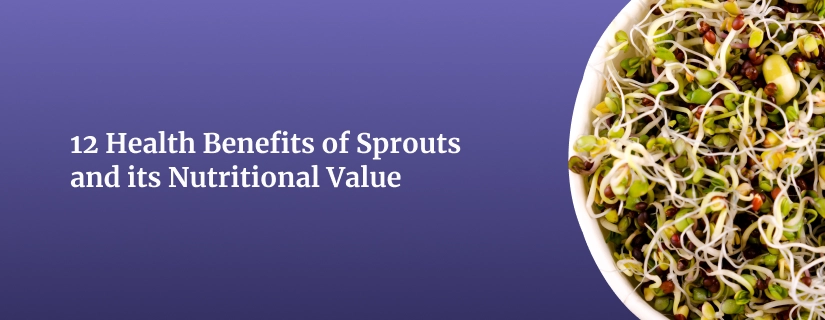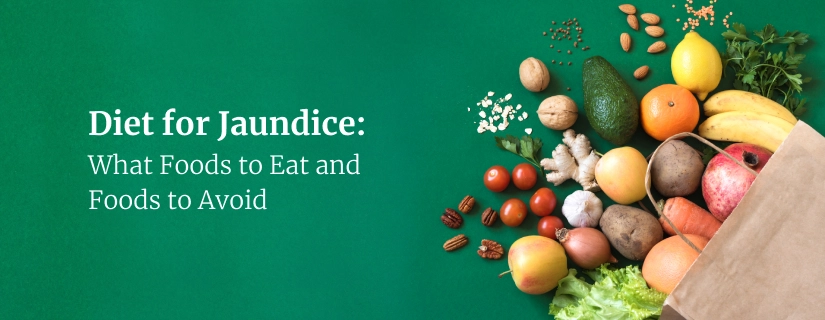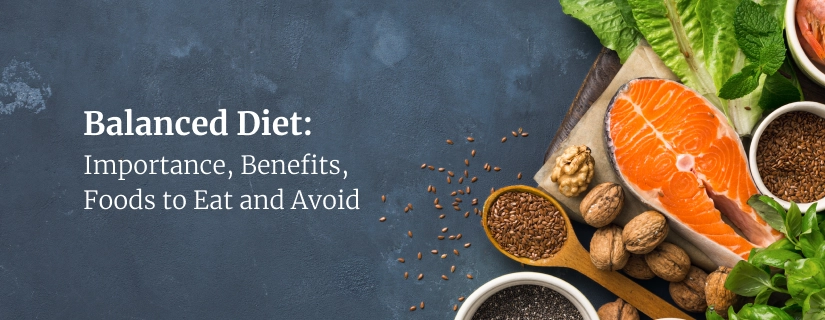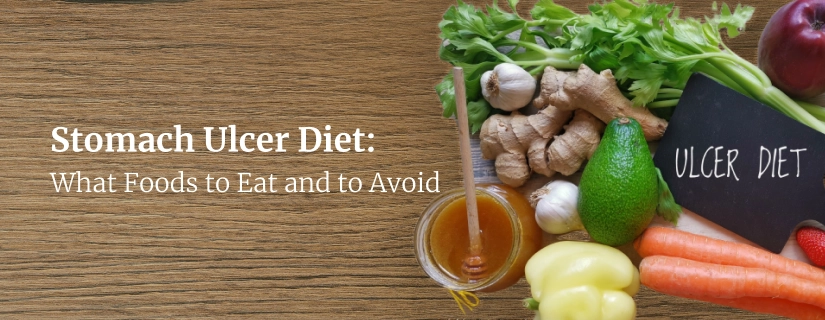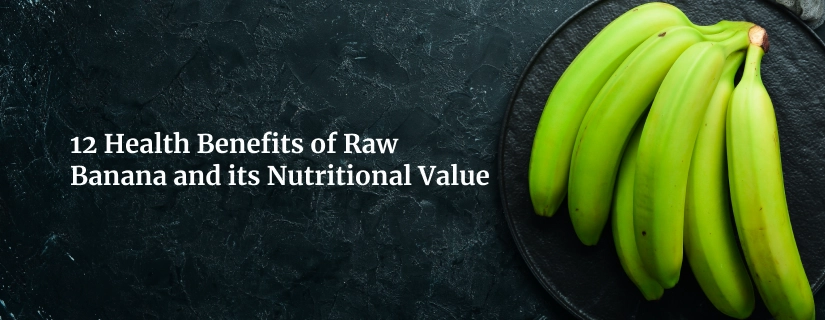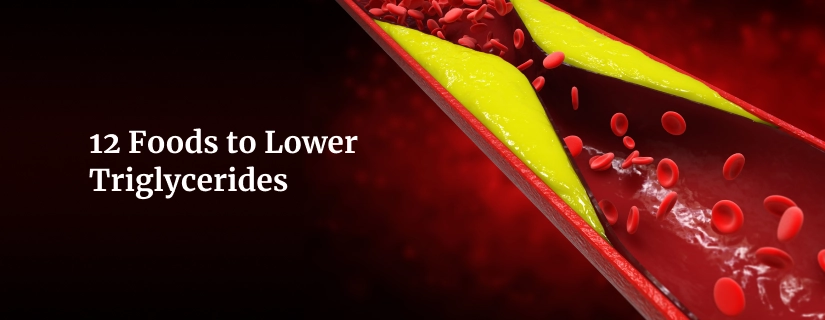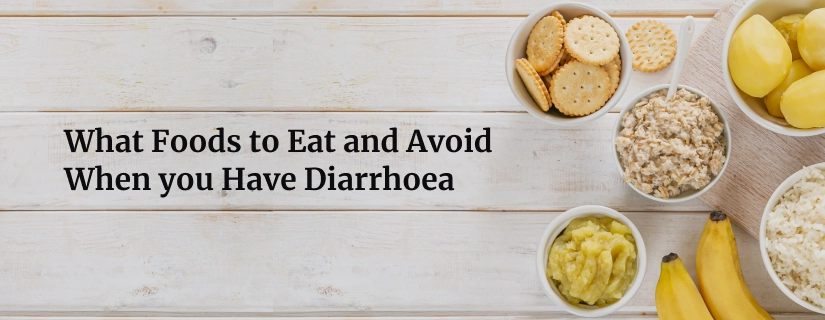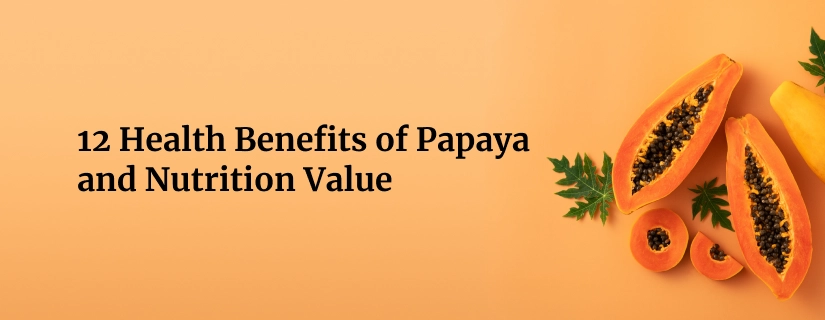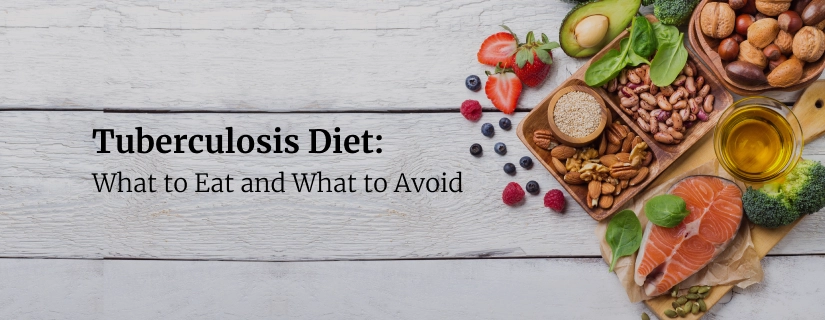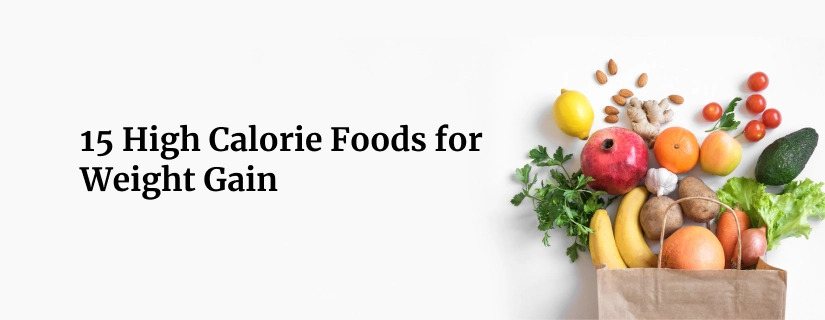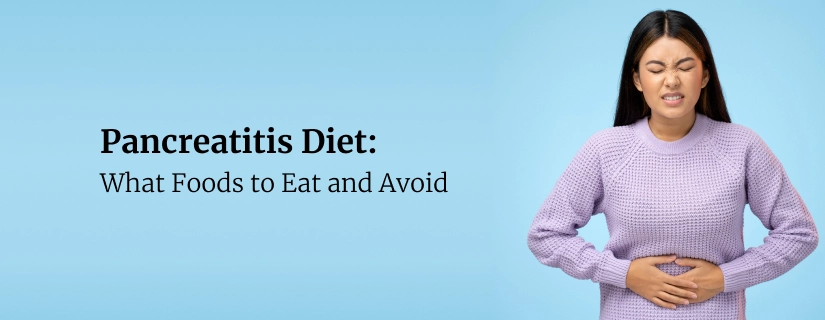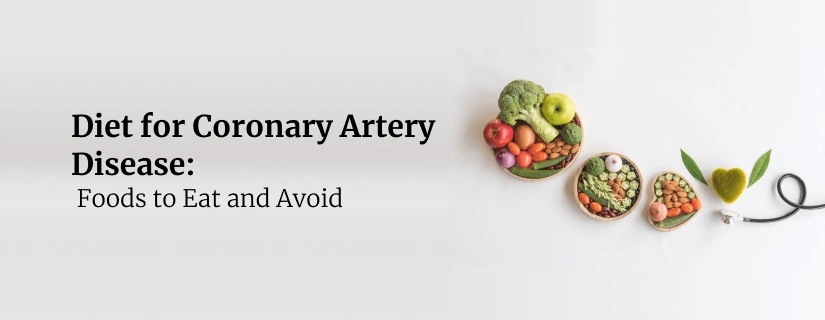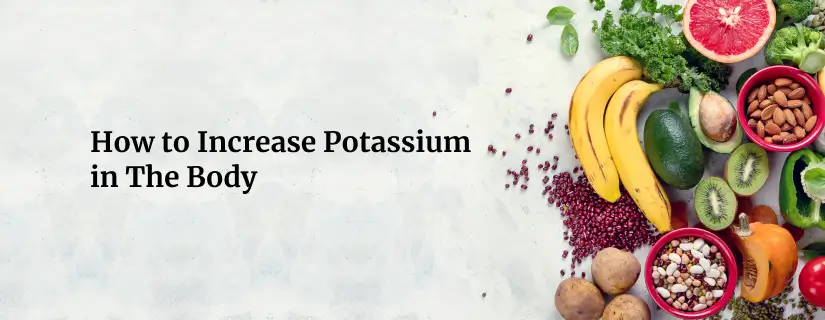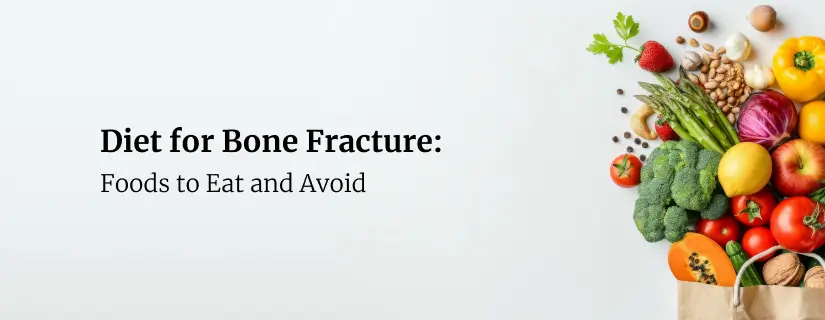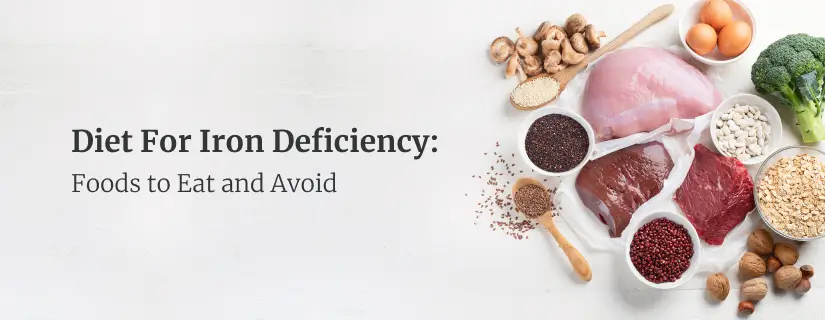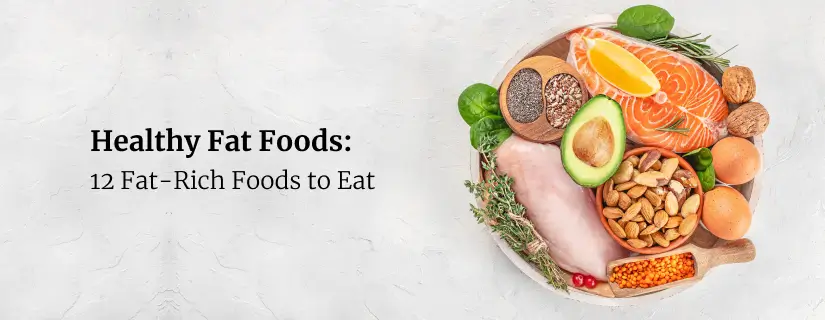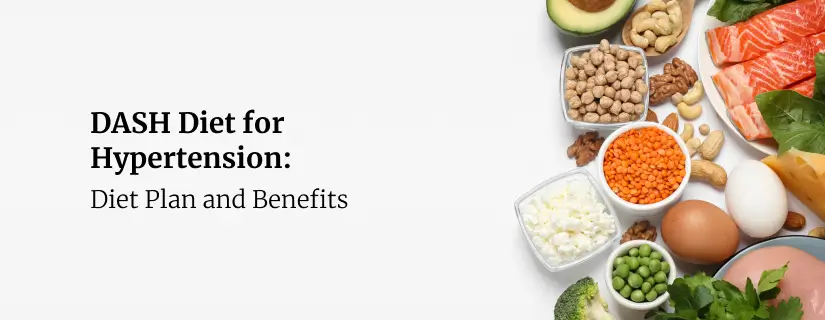-
Doctors
-
Specialities & Treatments
Centre of Excellence
Specialties
Treatments and Procedures
Hospitals & Directions HyderabadCARE Hospitals, Banjara Hills CARE Outpatient Centre, Banjara Hills CARE Hospitals, HITEC City CARE Hospitals, Nampally Gurunanak CARE Hospitals, Musheerabad CARE Hospitals Outpatient Centre, HITEC City CARE Hospitals, Malakpet
HyderabadCARE Hospitals, Banjara Hills CARE Outpatient Centre, Banjara Hills CARE Hospitals, HITEC City CARE Hospitals, Nampally Gurunanak CARE Hospitals, Musheerabad CARE Hospitals Outpatient Centre, HITEC City CARE Hospitals, Malakpet Raipur
Raipur
 Bhubaneswar
Bhubaneswar Visakhapatnam
Visakhapatnam
 Nagpur
Nagpur
 Indore
Indore
 Chh. Sambhajinagar
Chh. SambhajinagarClinics & Medical Centers
Book an AppointmentContact Us
Online Lab Reports
Book an Appointment
Consult Super-Specialist Doctors at CARE Hospitals
Ketogenic Diet: Uses, Benefits, Meal Plan, and More
Updated on 10 September 2024
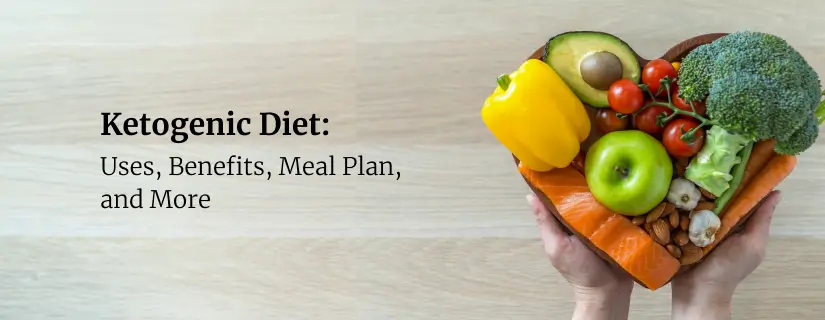
The ketogenic diet has achieved immense popularity for its inherent capacity to promote weight loss and improve overall wellness. This low-carb, high-fat eating plan influences the body's metabolism, causing a revolution in how we think about nutrition and weight management.
The ketogenic diet stimulates the body to enter a state called ketosis. In this state, the body burns fat for fuel rather than carbohydrates. In this blog, we'll explore what the keto diet is, how it works, its potential advantages and side effects, and provide a sample meal plan to help you get started on your keto journey.

What is the Ketogenic Diet?
The ketogenic diet, or keto diet plan in layperson's terms, is a low-carb, high-fat meal plan popular for its potential health benefits. This diet shares similarities with other low-carb diets, such as the Atkins diet, but it has a unique approach to macronutrient balance.
At its core, the ketogenic diet meal plan involves diminishing carbohydrate intake and replacing it with fat. This significant carb reduction puts the body into a metabolic state called ketosis. The following are macronutrient ratios in a standard ketogenic diet:
- 70-80% fat
- 10-20% protein
- 5-10% carbohydrates
How It Works
The ketogenic diet profoundly affects the body's metabolism, shifting it from using carbohydrates as the primary energy source to burning fat. This metabolic change occurs through a process called ketosis, which is the primary step required for the diet's effectiveness.
When an individual drastically reduces their carbohydrate intake, typically to around 20 to 50 grams per day, the body's glucose stores become depleted. As a result, insulin levels decrease significantly, triggering a series of metabolic changes. The body enters a catabolic state, where it begins to break down fat for energy.
Two key metabolic processes come into play during this transition:
- Gluconeogenesis: The body produces glucose internally, primarily in the liver, using substrates such as pyruvate, lactic acid, glycerol, and specific amino acids.
- Ketogenesis: When glucose availability drops further, the body switches to ketogenesis to provide an alternative energy source in the form of ketone bodies.
During ketogenesis, the low insulin levels lead to increased fat breakdown, producing fatty acids. These fatty acids are then metabolised to acetoacetate, later converted to beta- hydroxybutyrate and acetone. These three compounds are known as ketone bodies, and they start to accumulate in the body as the ketogenic diet is sustained. This metabolic state is called "nutritional ketosis.'
What are the Benefits of Ketones?
- Weight loss is one of the key advantages associated with ketosis. The body's shift to using fat for fuel can reduce body fat, particularly visceral fat around the abdomen.
- This process may result in decreased hunger and lower calorie intake.
- Many individuals on a ketogenic diet experience weight loss while maintaining lean muscle mass.
- For epilepsy, especially in children with focal seizures, ketosis has an impact on brain excitability, potentially reducing seizure frequency.
- Research also suggests that ketones may have neuroprotective properties, making the diet a subject of interest for conditions such as Alzheimer's disease, autism, and certain brain cancers.
- The diet affects blood sugar regulation, helping individuals with Type II diabetes to control their blood glucose levels more effectively.
Cardiovascular health may also improve on a ketogenic diet. The diet has an impact on several risk factors for heart disease, including:
- Lowering blood pressure
- Improving HDL (good) cholesterol levels
- Reducing triglycerides
Which Type of Foods Are Allowed in a Ketogenic Diet?
- Proteins
- Eggs: Rich in B vitamins, minerals, and antioxidants, two large eggs provide over 12g of protein with zero carbohydrates.
- Meat: Fresh meat and poultry are excellent sources of lean protein, B vitamins, and minerals such as potassium, selenium, and zinc.
- Fish: Fatty fish like salmon, sardines, mackerel, and albacore tuna are high in omega-3 fats and protein. They also contain B vitamins, potassium, and selenium.
- Dairy
- Cheese: With zero carbohydrates, high-fat content, and rich in protein and calcium, cheese is an excellent keto-friendly food.
- Greek Yoghurt: Seven ounces provide about 20g of protein and only 8g of carbohydrates.
- Cottage Cheese: Eight ounces contain just over 6g of carbohydrates and 28g of protein.
- Vegetables
- Aim for vegetables with less than 8g of net carbs per cup.
- Broccoli, green beans, cauliflower, bell peppers, zucchini, and spinach are excellent choices.
- These vegetables are low in calories and carbs but high in nutrients, including vitamin C and minerals.
- Fruits
- Berries: Low in carbs, high in fibre, and rich in antioxidants that reduce inflammation.
- Avocados: Half a medium avocado contains about 6g of total carbohydrates, 4.5g of which are fibre.
- Nuts and Seeds
- They're rich in healthy polyunsaturated and monounsaturated fats, fibre, and protein.
- Examples include almonds, walnuts, chia seeds, and flaxseeds.
- Oils and Fats
- Olive oil & coconut oil are highly recommended.
- Avocado oil is another heart-healthy option.
- Beverages
- Plain coffee and tea contain zero carbohydrates, fat, or protein.
- Unsweetened sparkling water is also a good choice.
- Other Foods
- Dark Chocolate: Rich in antioxidants and flavanols, which may reduce the risk of heart disease.
- Cocoa: Often called a "superfruit" due to its high antioxidant content.
Which Type of Foods Are Avoided on a Ketogenic Diet?
Here's a comprehensive list of foods to steer clear of on a keto diet:
- Grains and Starchy Foods: Grains and starchy foods are high in carbohydrates and can quickly derail ketosis. These include:
- White bread, pasta, and rice
- Quinoa and millet
- Crackers and chips
- Baked goods, including gluten-free options
- Even whole grains, while nutritious, are too high in carbs to become a staple in a keto diet.
- Starchy Vegetables: While vegetables are generally encouraged, some starchy varieties should be limited:
- Potatoes and sweet potatoes
- Corn
- Peas
- Beets
- These vegetables contain more digestible carbohydrates than fibre, making them unsuitable for maintaining ketosis.
- High-sugar Fruits: Fruits are naturally high in sugars, and some should be avoided or consumed in very small quantities:
- Bananas
- Mangoes
- Grapes
- Dried fruits (e.g., dates, raisins)
- Sweeteners and Sugary Foods: Sugar in any form can quickly increase daily carb count. Avoid:
- Honey and syrups (e.g., agave, maple)
- Table sugar
- Sodas and fruit juices
- Sweetened yoghurt
- Milk and white chocolate
- Legumes: Legumes, while nutritious, are challenging to incorporate into a keto diet due to their high carb content:
- Beans
- Lentils
- Chickpeas
- Processed and Packaged Foods: Many processed foods contain hidden sugars and starches:
- Ketchup, barbecue sauce, and sweet chilli sauce
- Glazed ham
- Low-fat products (often higher in sugar)
- Beverages: Some drinks can significantly impact daily carb intake:
- Beer and sweet wines
- Fruit juices
- Regular milk (in large quantities)
- Sweetened coffee drinks
Keto Meal Plan
A well-structured meal plan significantly impacts the success of a ketogenic diet. It helps individuals maintain the required macronutrient ratios and stay below the daily carbohydrate limit of 20 to 50 grammes. A typical keto meal plan focuses on high-fat, moderate-protein, and low-carb foods.
To simplify the keto journey, consider these meal-planning strategies:
- Prepare no-cook meals using ready-to-eat foods like hard-boiled eggs, canned fish, cheese, cold cuts, and pre-chopped vegetables.
- Cook double portions for dinner and half for lunch the next day, saving time for preparation and cleanup.
- Use shopping lists to ensure you have all the necessary ingredients on hand. A basic keto diet food list can be a helpful tool for stocking your kitchen with keto-friendly options.
Snacking between meals can manage hunger and keep individuals on track. Some keto- friendly snack options include:
- Almonds and cheddar cheese
- Half an avocado stuffed with chicken salad
- Besan (chickpea flour) chilla
- Roasted peanuts seasoned with spices
- Guacamole with low-carb vegetables
- Unsweetened coconut, nuts, or seeds
- Kale chips or coconut chips
- A low-carb, spicy vegetable soup with minimal or no starchy vegetables
- Berries with heavy whipping cream
- A few pieces of paneer tikka
Conclusion
The ketogenic diet has proven to be a powerful approach to weight management and overall health improvement. It influences the body's metabolism, shifting it from carbohydrate-dependent to fat-burning mode. This change impacts various aspects of health, from blood sugar control to cognitive function. The diet's focus on high-fat, low-carb foods opens up a world of culinary possibilities, allowing people to enjoy diverse meals while still adhering to their health goals. As with any significant dietary change, it's crucial to approach the ketogenic diet with careful consideration and proper guidance.
FAQ's
1. Is a ketogenic diet safe?
The ketogenic diet's safety has been a subject of debate among doctors. While short-term effects (up to 2 years) are well-documented, the long-term health implications remain uncertain due to limited research. Always consult a registered dietician before starting keto diet for safety and better results.
2. Who should not follow a keto diet?
The ketogenic diet is contraindicated for people with:
- Pancreatitis
- Liver failure
- Disorders of fat metabolism
- Primary carnitine deficiency
- Carnitine palmitoyltransferase deficiency
- Carnitine translocase deficiency
- Porphyria
- Pyruvate kinase deficiency
3. Is the keto diet good for people with prediabetes and diabetes?
Consult a registered dietician before starting keto diet for safety and better results.
4. Can the keto diet plan help you lose weight?
The keto diet for weight loss is popular, and can have benefits if done it correct way, consult a dietician before starting a diet.
To Book an Appointment, call:
ENQUIRY FORM
SELECT CATEGORIES
-
Neurosciences (16)
-
Neurology (37)
-
Neurosurgery (14)
-
Orthopaedics (47)
-
Oncology (33)
-
Obstetrics and gynecology (51)
-
Pulmonology (22)
-
Urology (20)
-
Nephrology (13)
-
Psychiatry (7)
-
Dietetics and Nutrition (109)
-
General Medicine (62)
-
Cardiac Sciences (30)
-
Vascular & Endovascular Surgery and Interventional Radiology (10)
-
Gastroenterology (46)
-
Endocrinology (23)
-
Plastic Surgery (10)
-
Critical Care Medicine (5)
-
COVID-19 (16)
-
Dermatology (16)
-
Emergency Care (1)
-
Ophthalmology (4)
-
Pediatrics (14)
-
Laparoscopic and Bariatric Surgery (8)
-
ENT (15)
-
Kidney Transplant (1)
-
Liver Transplantation and Hepatobiliary Surgery (5)
-
General Surgery (3)
-
Internal Medicine (5)
-
Medicine Information
12 Foods to Improve Uterus Health
15 Health Benefits of Soursop (Graviola) and its Nutritional Value
YOU MAY ALSO LIKE
RECENT BLOGS
-

Implantation Bleeding Vs Periods: Know the Difference
28 February 2025
Read More
-

Bloating During Ovulation: Symptoms, Causes and Remedies
28 February 2025
Read More
-

Itching During Dengue: Causes, Treatment and Home Remedies
18 February 2025
Read More
-
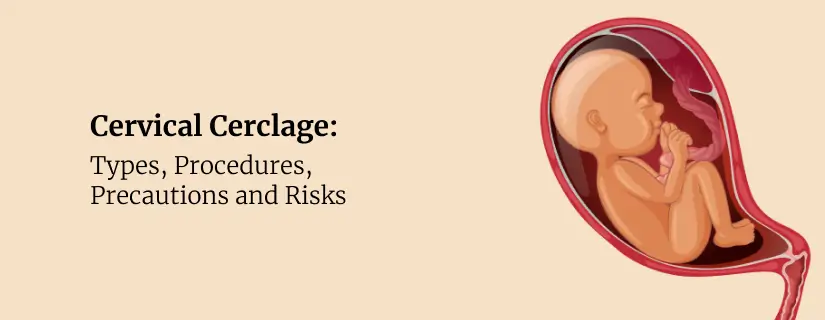
Cervical Cerclage: Types, Procedures, Precautions and Risks
18 February 2025
Read More
-
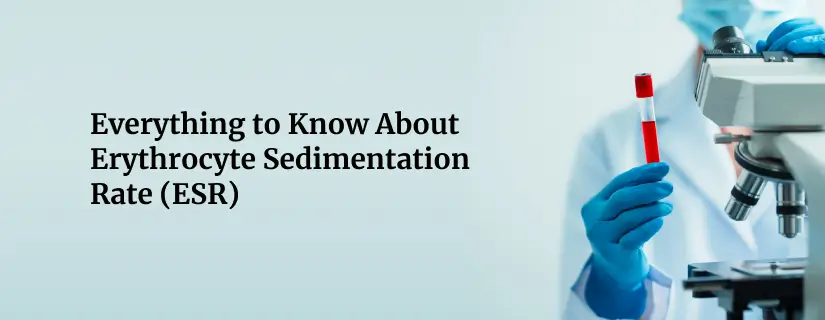
Everything to Know About Erythrocyte Sedimentation Rate (ESR)
12 February 2025
Read More
-

Human Metapneumovirus (HMPV): Symptoms, Causes, Diagnosis and Treatment
6 January 2025
Read More
-

How to Reduce SGPT Quickly
6 January 2025
Read More
-

Vitals Signs: Types, Normal Ranges and How to Track
24 December 2024
Read More
Have a Question?
If you cannot find answers to your queries, please fill out the enquiry form or call the number below. We will contact you shortly.






